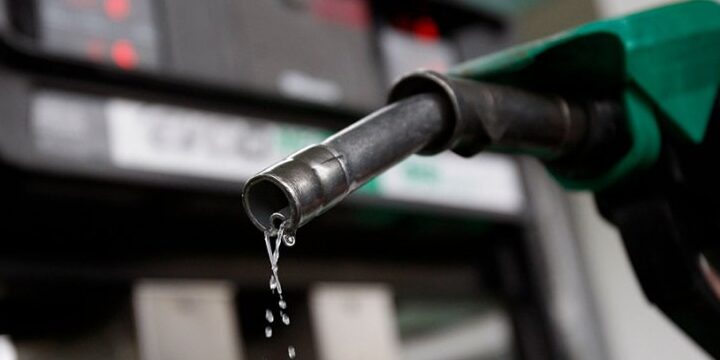Nigeria, one of Africa’s largest oil producers, is projected to spend significantly more this year on regulating fuel prices compared to last year.
Despite discontinuing fuel subsidies in 2023 due to their high cost, Nigeria’s expenditure is expected to rise from N3.6 trillion in 2023 to around N5.4 trillion in 2024.
A Reuters report indicates that Nigeria could face a 50% increase in spending to maintain fixed petrol prices.
A draft document reveals that the country will need to borrow an additional 6.6 trillion naira to cover budget shortfalls.
The document, titled “Accelerated Stabilisation and Advancement Plan” (ASAP), was drafted by the Minister of Finance in collaboration with private sector executives and economists. It aims to address the complexities of implementing growth-oriented reforms.
“At current rates, expenditure on fuel subsidy is projected to reach 5.4 trillion naira by the end of 2024. This compares unfavorably with 3.6 trillion naira in 2023 and 2.0 trillion naira in 2022,” the document states.
Presidential aide Bayo Onanuga confirmed that the president received a copy of the draft, which includes recommendations for improving the nation’s economic condition.
The strategy document suggests that the government should sell equity in its refineries by May 2026 to increase revenue.
It also recommends boosting the excise tax on drinks and imposing charges on single-use plastics and sweetened beverages.
Nigeria’s new administration, led by President Bola Tinubu, has faced significant inflationary pressures due to reforms introduced by the president.
On his inauguration day, President Tinubu announced the removal of the costly fuel subsidies. This move more than tripled fuel costs, creating a ripple effect that has heavily impacted the country’s economy.
![]()




